 Last year, an academic society recommended that journals retract nine papers by a researcher in Japan who collaborated with a notorious fraudster. Only two have been retracted.
Last year, an academic society recommended that journals retract nine papers by a researcher in Japan who collaborated with a notorious fraudster. Only two have been retracted.
The researcher is Yuhji Saitoh of Yachiyo Medical Center and Tokyo Women’s Medical University, who co-authored many papers with Yoshitaka Fujii, an anethesiologist who holds the dubious distinction of having retracted more papers than any other. Already, Saitoh has retracted 39 papers, many of which were co-authored by Fujii. But it turns out Saitoh was not an entirely innocent bystander: After receiving allegations of misconduct, the Japanese Society of Anesthesiologists (JSA) investigated approximately 40 publications by Saitoh.
The JSA investigation into Saitoh’s work was prompted, at least in part, by a 2016 analysis (that we covered) from two anesthesiologists— John Carlisle and John Loadsman—who examined dozens of Saitoh’s papers, 23 of which he didn’t write with Fujii. Carlisle and Loadsman identified several potential concerns with Saitoh’s work, including that it was unlikely the sampling had been conducted randomly.
Continue reading A year ago, an academic society recommended nine papers be retracted. Journals have retracted only two.
 Tokyo Women’s Medical University has stripped a researcher of her PhD, following the retraction of a paper — for data duplication — that was based on her thesis.
Tokyo Women’s Medical University has stripped a researcher of her PhD, following the retraction of a paper — for data duplication — that was based on her thesis. Last year, an academic society recommended that journals retract nine papers by a researcher in Japan who collaborated with a notorious fraudster. Only two have been retracted.
Last year, an academic society recommended that journals retract nine papers by a researcher in Japan who collaborated with a notorious fraudster. Only two have been retracted.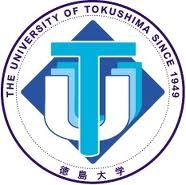 Earlier this month, Tokushima University in Japan announced it was
Earlier this month, Tokushima University in Japan announced it was 
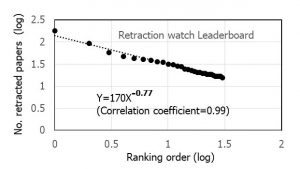
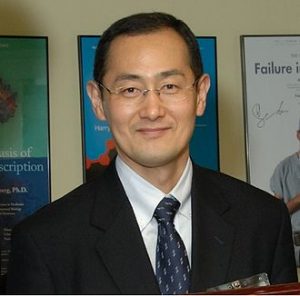
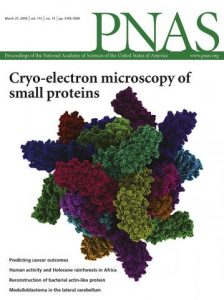
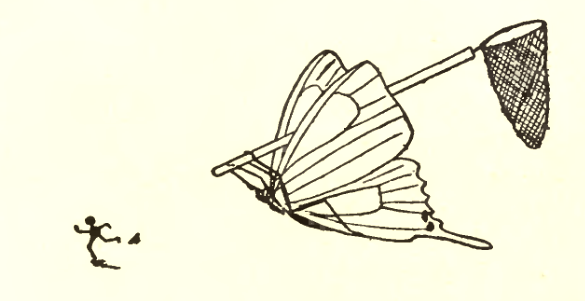 Title:
Title: 
